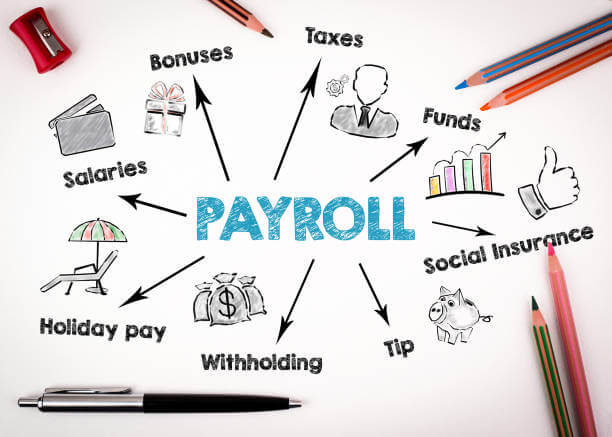People all throughout the world desire flexible access to their pay, but there are few worldwide solutions available to match this need, according to a recent Everest Group analysis.
The report, Global Earned Wage Access (EWA): Strategic Benefits for Employers and Financial Well-being for Employees, reveals that the need for employers to provide access to earned wages as and when workers need it is being driven by a combination of new demands from staff in a flexible world of work, the need for quick access to funds amid financial concerns, and a desire for a consumerized experience.
Despite this need, only a small number of suppliers are delivering Earned Wage Access (EWA) solutions, and even fewer are offering a worldwide strategy, according to Everest Group. This may be a sign of reluctance to alter payroll procedures that are perceived to be “unbroken” or a lack of knowledge about the existence of a comprehensive solution.
Hiring methods could suffer if you don’t adapt to the times. 75% of the workforce worldwide, according to Everest Group, is presently seeking a new position. Future talent acquisition and retention initiatives might be hampered without EWA solutions because 57% of respondents said that wellness programs, including financial well-being, have a direct impact on their employee experience while 43% said that process improvement was a key contributor.
Businesses must make sure they are providing their employees with what they need and offering equity across a global workforce as the battle for talent intensifies. People desire more flexibility over when and how they get their money, according to the most recent Everest Group analysis. Top talent will be lost by those who don’t supply this.
This most current information comes in the wake of recent statistics from CloudPay that showed an increase in the number of employers globally signing up for “on-demand pay services.” In addition, since October, there have been more than twice as many withdrawals of earned earnings every month, with an average withdrawal amount that has fallen from £97 to £66.
This is an indication that workers are increasingly using money they have previously earned to pay for their everyday expenses.










